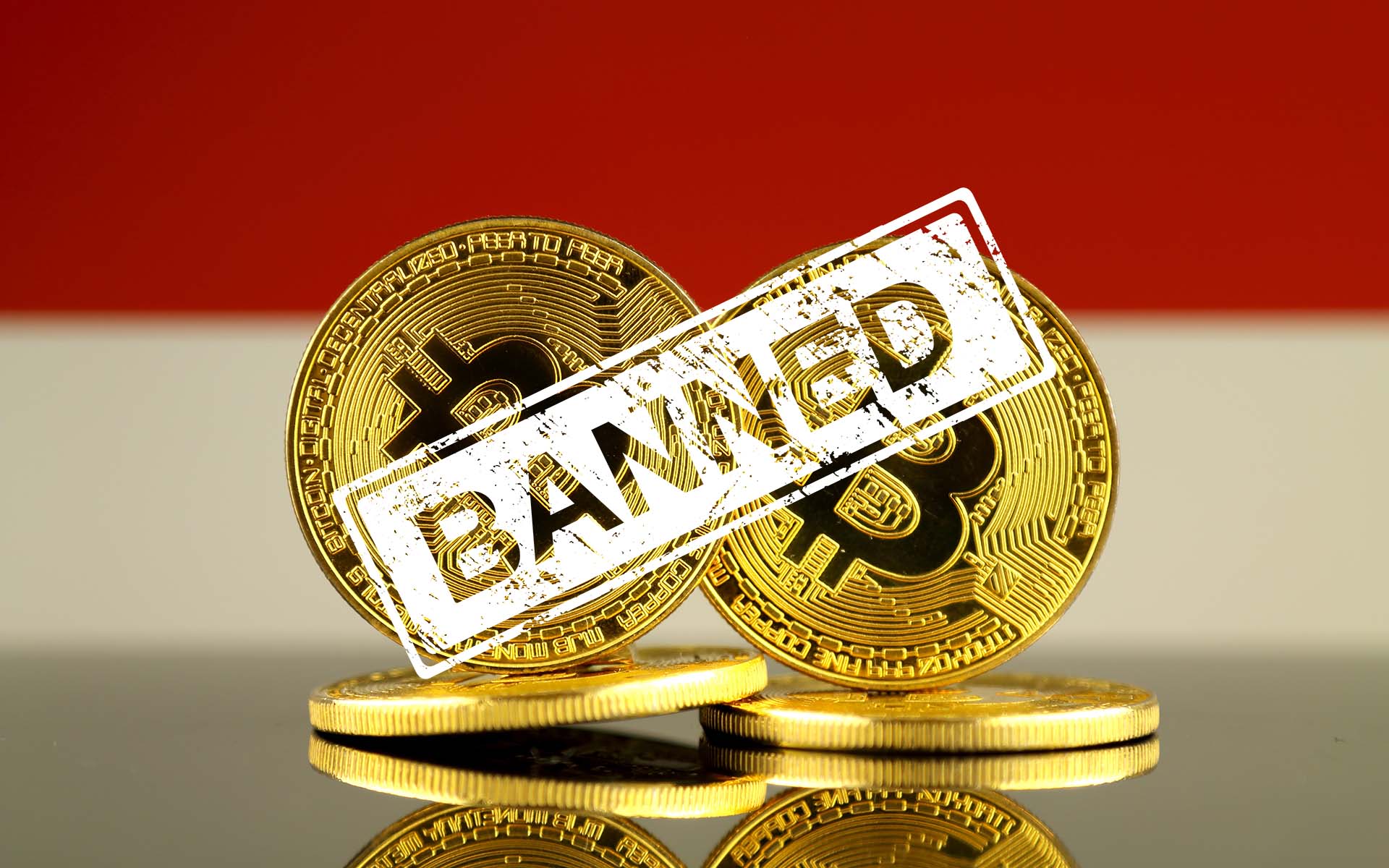
George Spencer
Countries That Have Banned/Restricted Crypto

Ever since its creation in 2009, Bitcoin has been controversial; so have have the subsequent cryptocurrencies that followed in its wake. Bitcoin is widely criticized for its fickleness, its use in foul transactions and for the outrageous use of electricity to mine it. Whilst the digital asset is seen by some, particularly in the developing world, as a safe harbor during economic storms, some countries have chosen to stay as far away from the leading virtual currency as possible.
Even though the majority of these countries don’t make using Bitcoin itself illegal, its status as a means of payment or as a commodity varies with differing regulatory implications. Some countries have placed restrictions on the way Bitcoin can be used, with banks banning its customers from making crypto transactions.
Other countries have banned the use of Bitcoin and cryptocurrencies outright with heavy penalties in place for anyone found to be making crypto transactions. Listed below are the countries that have a particularly strained relationship with Bitcoin and other cryptocurrencies:
China
China have repeatedly issued warnings to its people to stay clear of the cryptocurrency market and have clamped down hard on mining as well as exchanges both in the country and overseas. These efforts to regulate cryptocurrencies are seen as an attempt by the Chinese government to float their own virtual currency.
Indonesia
Bank Indonesia, the country’s central bank, issued new regulations banning the use of cryptocurrencies, including Bitcoin, as a means of payment from 1 January 2018.
Nepal
The Nepal Rastra Bank declared Bitcoin illegal as of August 2017.
Turkey
On 16 April 2021, the Central Bank of the Republic of Turkey issued a regulation banning the use of cryptocurrencies including Bitcoin, directly or indirectly, to pay for goods and services. The following day, Turkish president Recep Tayyip Erdoğan went further and issued a decree that crypto exchanges to a list of firms subject to anti-money laundering and terrorism financing rules.
Russia
Russia passed its first laws to regulate cryptos in July 2020, which for the first time designated cryptocurrency as property liable to taxation. The law, which came into force in January this year, also bans Russian civil servants from owning any crypto assets.
Vietnam
The State Bank of Vietnam declared that the issuance, supply, or use of Bitcoin and other cryptos are illegal as a means of payment. Failure to adhere will result in punishment of fines ranging from 150 million VND (€5,600) to 200 million VND (€7,445). The government, however, hasn’t ban Bitcoin trading or holding them as assets.
North Macedonia
North Macedonia is the first and only European country to put an official ban on cryptocurrencies, such as Bitcoin, Ethereum, and the rest.
Colombia
Financial institutions are not allowed to facilitate Bitcoin transactions anywhere in Colombia. In 2014, the Superintendencia Financiera warned that they may not protect, invest, broker, or manage virtual money operations.
Egypt
Egypt’s Dar al-Ifta, the country’s primary Islamic advisory body, issued a religious decree in 2018, classifying Bitcoin transactions as haram, meaning it’s prohibited under Islamic law. While not binding, Egypt’s banking laws were tightened in September 2020 to prevent trading or promoting cryptos without a license from the Central Bank.
Algeria
Currently, Algeria prohibits the use of any cryptocurrency following the passing of the financial law in 2018 that made it illegal to buy, sell, use or hold digital assets.
Bolivia
There has been an official ban in place on the usage of Bitcoin in Bolivia since 2014. The Bolivian Central Bank issued a resolution banning it and any other currency not regulated by the country or economic zone.
Iran
While the Central Bank of Iran has prohibited the trading of cryptocurrencies mined overseas, it has encouraged Bitcoin mining in the country with incentives. In order to evade the worst impact of crippling economic sanctions, the government has turned to the lucrative practice of Bitcoin mining in order to finance imports.
Latest
Bitcoin
09 May 2024
Bitcoin
19 Apr 2024
Bitcoin
16 Jan 2024
Bitcoin
31 Aug 2023
Bitcoin
24 Jun 2023
Bitcoin
24 Jun 2023













